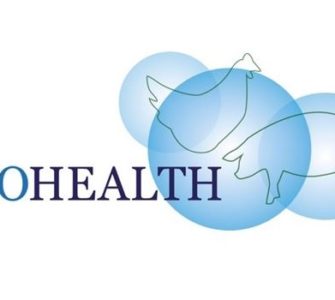Hatchery hygiene helps limit broiler E. coli mortality risk
Disinfecting eggs and improving overall hygiene in the hatchery could dramatically reduce the risk of mortality linked to E. coli infections, scientists say.
Researchers at at the University of Copenhagen discovered E. coli can transmit directly from breeders to their offspring during egg production and laying.
By disinfecting eggs and improving cleanliness in the hatchery, producers can reduce the risk of vertical transmission of the disease, which is responsible for the largest causes of mortality in breeder production.
In a study carried out as part of the European Union’s PROHEALTH project, scientists followed 4 broiler flocks during the entire production period (20-60 weeks).
As well as analysing bacterial swabs from newly hatched chickens, they ran post-mortems and bacteriological examinations on randomly selected birds to determine the leading causes of mortality.
“We discovered that the E. coli we see in the breeders is the same E. coli we see causing first-week mortality,” said study leader Jens Peter Christensen, DVM, PhD.
“E.coli in the oviduct causes infections during in the formation of the egg, and during egg laying the surface of the egg is infected.
“[This shows] the hatching eggs are the main problem — during hatching we see a transmission in the hatcher from infected shells, and we see a rapid spread.”
Christensen said the results show that to control E.coli outbreaks, there needs to be a focus on disinfection in the hatchery.
“Along with general hygiene, it’s essential,” he told Poultry Health Today. “When day-old chicks are moved, the houses should be cleaned and disinfected too.”
In the future Christensen said alternative management procedures are likely to be introduced on broiler units, such as vaccination of broiler breeders to create maternal antibodies.
Probiotics in the hatchery or administered just after hatching might also prevent more virulent strains from colonizing if more benign bacteria have colonized beforehand, he said.
“Above all though, good hygiene and effective disinfection procedures are essential.”
Posted on April 24, 2019














